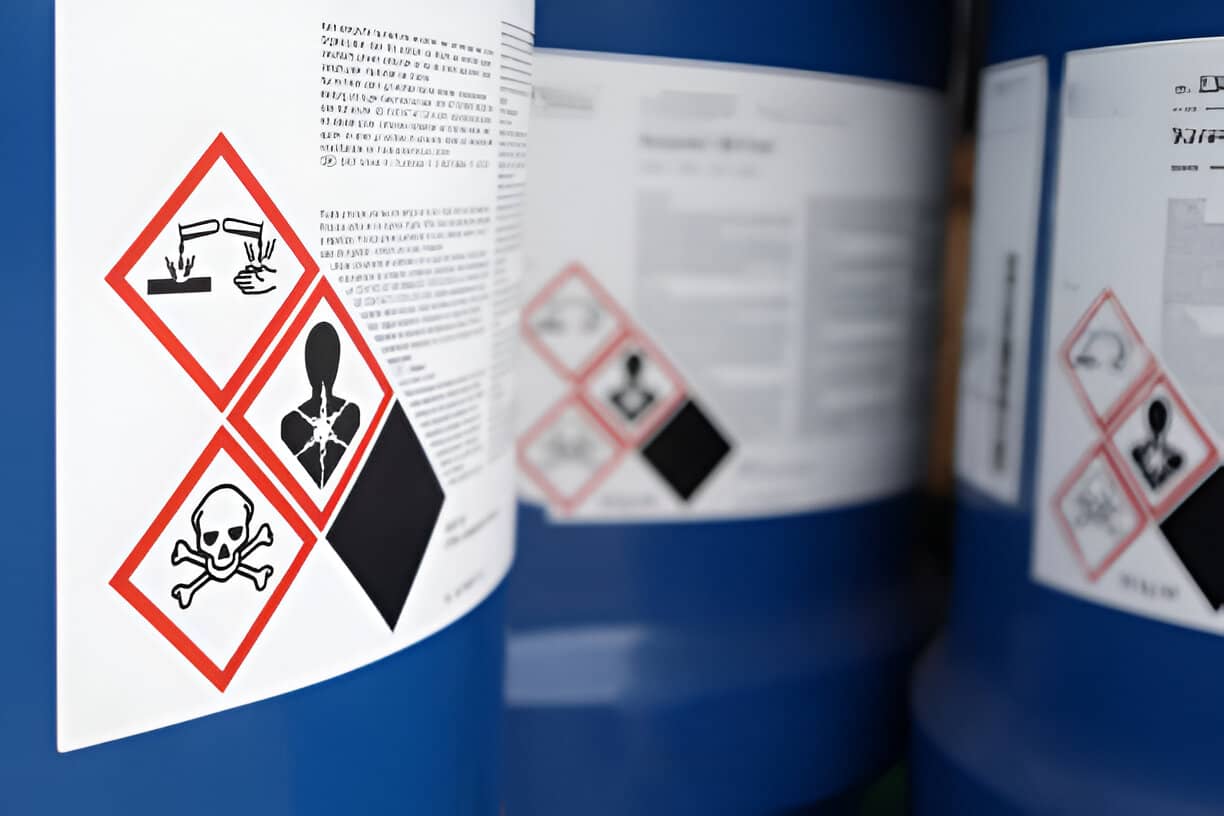We are always available to respond to your inquiries.
Contact Us Right Away !
- Disclaimer: All products are intended for industrial and professional use only. Safety Data Sheets (SDS) are available upon request, and all products comply with international regulations (e.g., ISO, REACH). Contact us for further details.







